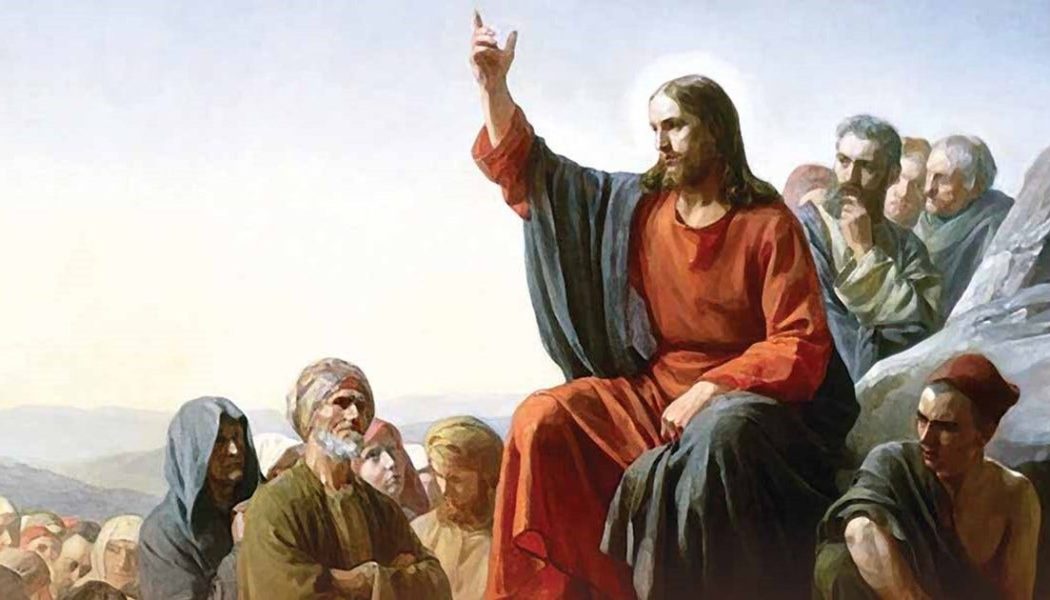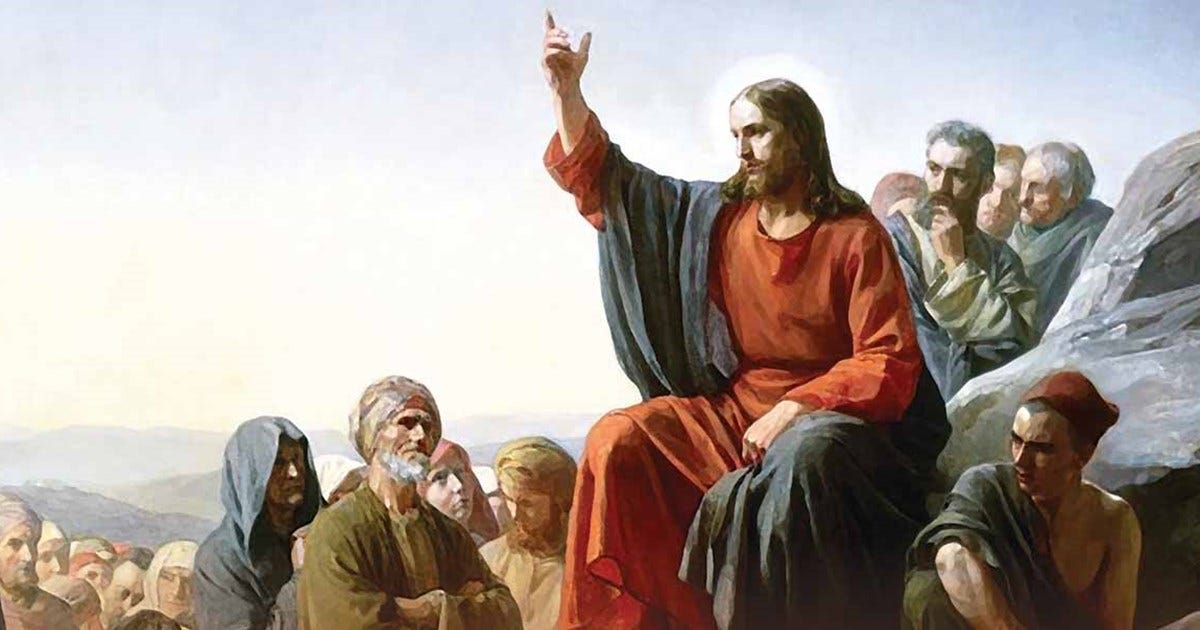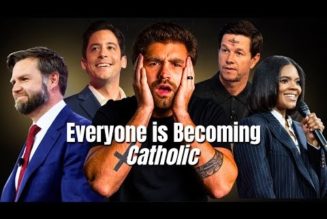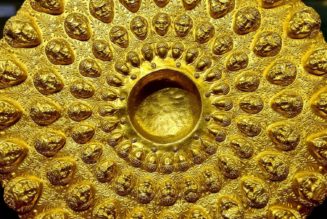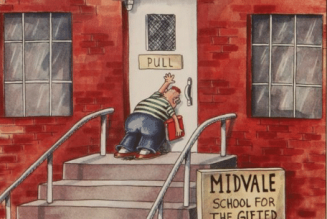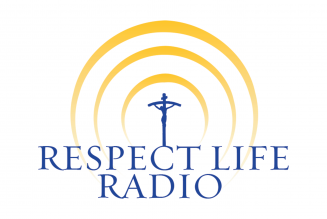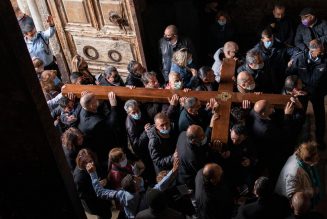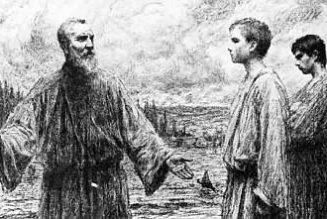The disciples approached him and said, “Why do you speak to them in parables?”
He said to them in reply, “Because knowledge of the mysteries of the kingdom of heaven has been granted to you, but to them it has not been granted.
…But blessed are your eyes, because they see, and your ears, because they hear.
Matt. 13:10-11;16
Regular readers of Between the Paws may have noticed a recurring theme I write about: the nature of computer programming and the parallels that exist between the moral, intellectual, and aesthetic lives that we are called to live. See:
One may rightly wonder why I focus on programming. Is it the case that it affords a uniquely rich foundation of terms, concepts, and practices from which the human intellect is able to springboard to consider higher things? The idea is risible on its face. No one should expect to deepen their appreciation for truth, goodness, and beauty by contemplating computer programming—except, of course, computer programmers. And no one should expect a further appreciation of virtue by contemplating plumbing, or construction—except the plumber, and the construction worker.
For us—the programmer, the plumber, the construction worker—if our jobs do not lead to contemplation, we may have missed one of Christ’s most important parables for us: His metaparable.
Although we usually categorize Jesus’ parables into their ultimate meaning, e.g., how we ought to pray, the nature of God’s kingdom, the Father’s love for us, I want to focus for a moment on the explicit content of the parables themselves. For, I believe the content taken as a whole contain one final parable of Our Lord that we may all too easily fail to recognize.
There are certain explicit themes that Jesus often uses:
-
Farming (The sower, the tares, the mustard seed, the blade/ear/full corn, the barren fig tree)
-
Shepherding (The lost sheep, the sheep and goats)
-
Building (Wise and foolish builders)
-
Fishing (The dragnet)
-
Wines and vineyards (New/old wine, the vineyard workers, the bad tenants)
-
Serving and labor (The unjust steward, the watchful servants, the talents, the lost coin, the pearl of great price)
-
Feasting (The wedding banquet, the invited guests, the prodigal son)
Notice that Jesus’ parables are based on the most common and mundane experiences of the people at the time. When Jesus says “the kingdom of heaven is like a net/yeast/a mustard seed/a merchant looking for fine pearls” we must realize that these parables are meant not only to deepen our understanding of the kingdom of God, but are further meant to teach us how everything we do ought to be seen: as reflecting the beauty, truth, and goodness of the very highest truths.
This is Christ’s great metaparable for us: that all truth is one, and everything naturally relates back to the Source of all truth. For, creation must always and ever hearken our hearts and minds back to the Creator.
There are those who would point to the wisdom of the farmer-philosopher, or to the man who works primarily in nature, and posit, “This work naturally leads one to contemplation.” While one may argue that this kind of outdoor work more easily leads one toward contemplation, for those of us who do not engage in this activity as our vocation, I think we must be vigilant that we do not let ourselves off the hook quite so easily.
That the relationship between certain truths may only be seen with difficulty does not therefore dispense with our obligation to seek it. However, we ought to see this as a great consolation: beauty may always be discovered, no matter where we may find ourselves, or what we may be called to do. Indeed, we ought to have confidence that we have been called to our vocation precisely because it was foreseen that we would be able to find the higher beauty it points to. This is why farmers must see a higher beauty in farming, why fishermen must see a higher beauty in fishing, why I must find a higher beauty in programming, and why we all must find a higher beauty in whatever we are called to do.
“But blessed are your eyes, because they see, and your ears, because they hear.”
Pray then for eyes to see, and ears to hear.
Then, we need only take Christ as our model—He Who taught us that all things from Him lead back to Him. Yes, even nets, and wineskins, and seeds, and, for some us, lines of computer code.
Join Our Telegram Group : Salvation & Prosperity
